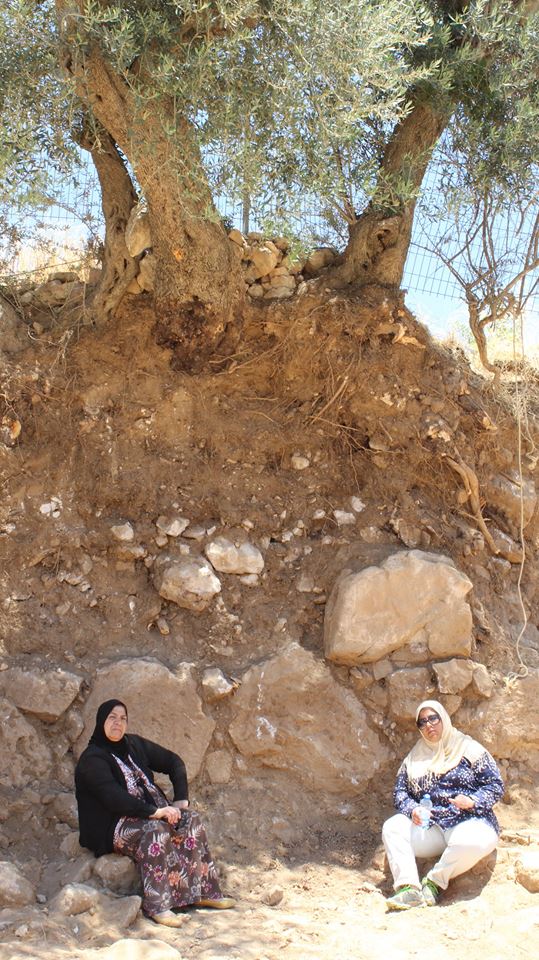Tag: Abu Haikal
-
Action alert: Letter writing campaign against criminal activity in Tel Rumeida
19th May 2014 | International Solidarity Movement | Occupied Palestine The Israeli occupation uses many methods to take over land – from settlements and military camps to the nature reserve and political treaties. However, the Abu Haikal family of Tel Rumeida in Al-Khalil (Hebron), faces a much more unexpected enemy: archaeologists. Currently, the family home is…
-
CPT: Hebron Incidents, December 17-31, 2009
The Christian Peacemaker Team in Hebron released this incident report for the period between December 17 and December 31, 2009. December 17, 2009 Shortly after morning worship, the team’s neighbor told them that soldiers were on the roof of the apartment building. When Herbert, Schroeder, and Shiffer filmed them and asked why they kept coming…
-
Harry Potter and the Spell of Transportation
Harry Potter during his guest appearance in Hebron by Alizarin Crimson and Harry Potter At 6:45 PM on September 22nd, human rights workers (HRWs) in Hebron paid a visit to their neighbors, the Abu Haikals where they were shocked, SHOCKED to find that soldiers had yet again, invaded the home. HRWs rang the bell of…

